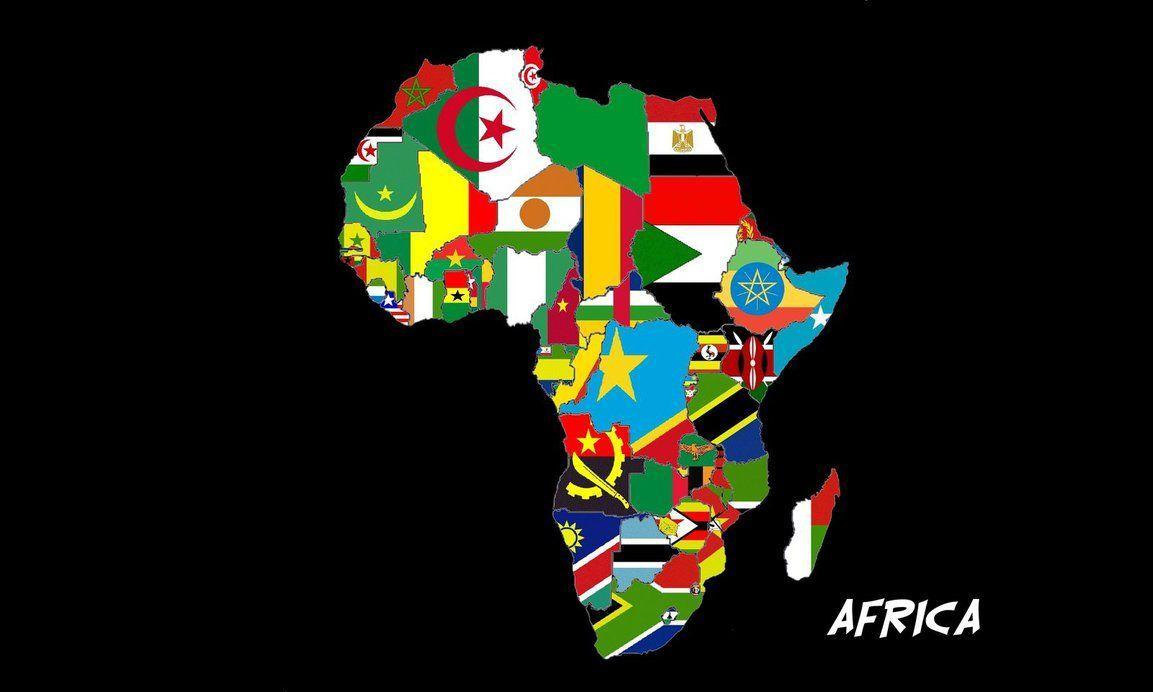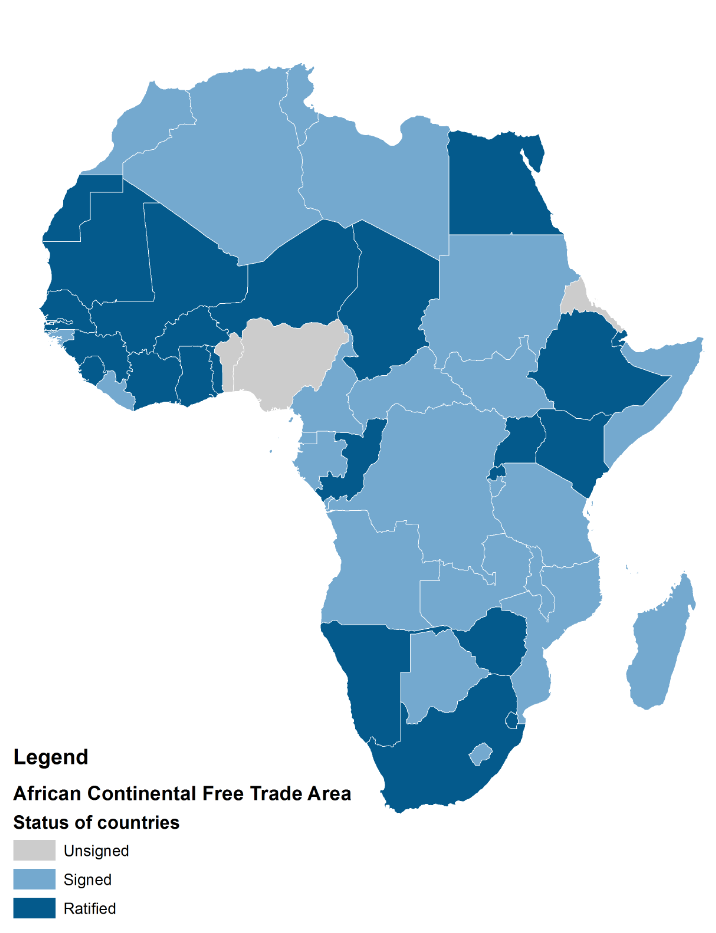Africa, a continent teeming with diversity and vibrancy, is a tapestry woven together by intricate threads of trade and economic partnerships. With its vast natural resources, burgeoning populations, and a rapidly expanding economy, Africa has emerged as a significant player in the global marketplace. Understanding the intricate web of partnerships that drive Africa’s economic growth is crucial for businesses and investors seeking to tap into its vast potential.

Image: wallpaperbat.com
Unveiling the intricacies of Africa’s trading partners, this comprehensive guide will delve into the historical, economic, and geopolitical factors shaping these vital relationships.
Africa’s Trading Partners: A Global Tapestry
Africa’s trade partnerships extend far beyond its borders, encompassing a diverse array of countries and continents. China stands as Africa’s largest trading partner, with bilateral trade exceeding $254 billion in 2021. The European Union, comprising 27 member states, collectively ranks as Africa’s second-largest trading partner, followed by India, the United States, the United Arab Emirates, and more recently, Russia.
Moreover, intra-regional trade within Africa has witnessed a surge in recent years, driven by initiatives such as the African Continental Free Trade Area (AfCFTA). Aiming to create a single market for goods and services across Africa, the AfCFTA has the potential to transform the continent’s economic landscape and boost intra-regional trade.
Economic Drivers of Trade Partnerships
The economic drivers behind Africa’s trade partnerships are as diverse as the continent itself. Access to natural resources, including oil, gas, minerals, and agricultural commodities, plays a significant role in shaping trade flows. China, for instance, relies heavily on African energy and mineral resources to fuel its rapidly growing economy.
Furthermore, Africa’s rapidly expanding population presents a vast consumer market for both domestic and international products and services. The World Bank estimates that Africa’s population will surpass 2.5 billion by 2050, creating immense opportunities for businesses and investors seeking to capture the continent’s growing spending power.
Geopolitical Influences on Trading Partnerships
Geopolitical considerations also exert a profound influence on Africa’s trade partnerships. The historical legacy of colonialism, post-colonial power dynamics, and emerging regional powers all play a role in shaping the continent’s economic relationships.
Factors such as political stability, security concerns, and adherence to international agreements also impact trade flows. The improvement of governance and the resolution of conflicts can foster a conducive environment for trade and investment, while political instability can create obstacles to economic growth.

Image: www.brookings.edu
Expert Advice for Navigating the African Market
To successfully navigate the complexities of Africa’s trading partnerships, businesses and investors should consider the following expert advice:
- Conduct thorough market research. Understand the specific needs, preferences, and regulatory frameworks of each African market you intend to enter.
- Establish local partnerships. Collaborating with local businesses and organizations can provide valuable insights, cultural understanding, and access to distribution channels.
- Adapt to local conditions. Africa is a diverse continent, and successful businesses will be able to adjust their strategies to accommodate local languages, business practices, and cultural sensitivities.
Frequently Asked Questions (FAQs) on Africa’s Trading Partners
Q: Which countries are Africa’s largest trading partners?
A: China, the European Union, India, the United States, and the United Arab Emirates are Africa’s largest trading partners.
Q: What are the key factors driving trade partnerships in Africa?
A: Economic factors such as access to natural resources, population growth, and consumer markets, as well as geopolitical influences and regional initiatives such as the AfCFTA, shape trade partnerships in Africa.
Q: What are some tips for businesses and investors seeking to engage with Africa’s trading partners?
A: Conduct thorough market research, establish local partnerships, adapt to local conditions, and seek professional advice.
Africa Trading Partners Map
Conclusion
Africa’s trading partners are as diverse as the continent itself. By understanding the economic drivers, geopolitical influences, and the latest trends in the African market, businesses and investors can seize the opportunities and overcome the challenges presented by this dynamic and rapidly growing region. Whether you are an entrepreneur seeking to expand your reach or an investor looking to tap into Africa’s vast potential, this guide has provided valuable insights and expert advice to help you navigate the intricate web of trade partnerships shaping Africa’s economic future.
Are you interested in further exploring the topic of Africa’s trading partners? If so, feel free to research additional resources, connect with experts in the field, and continue your journey of discovery into the tapestry of Africa’s economic relationships.






